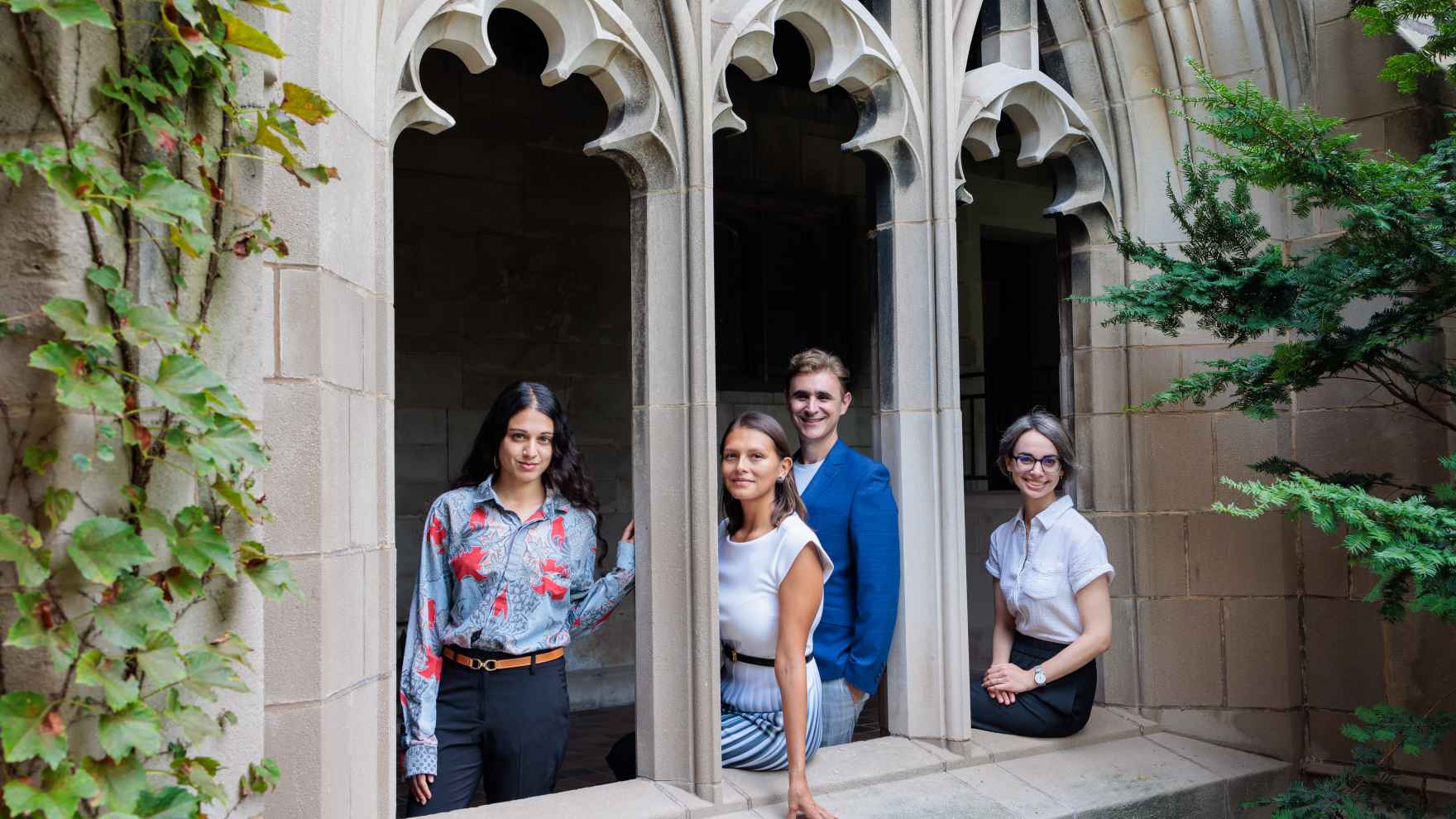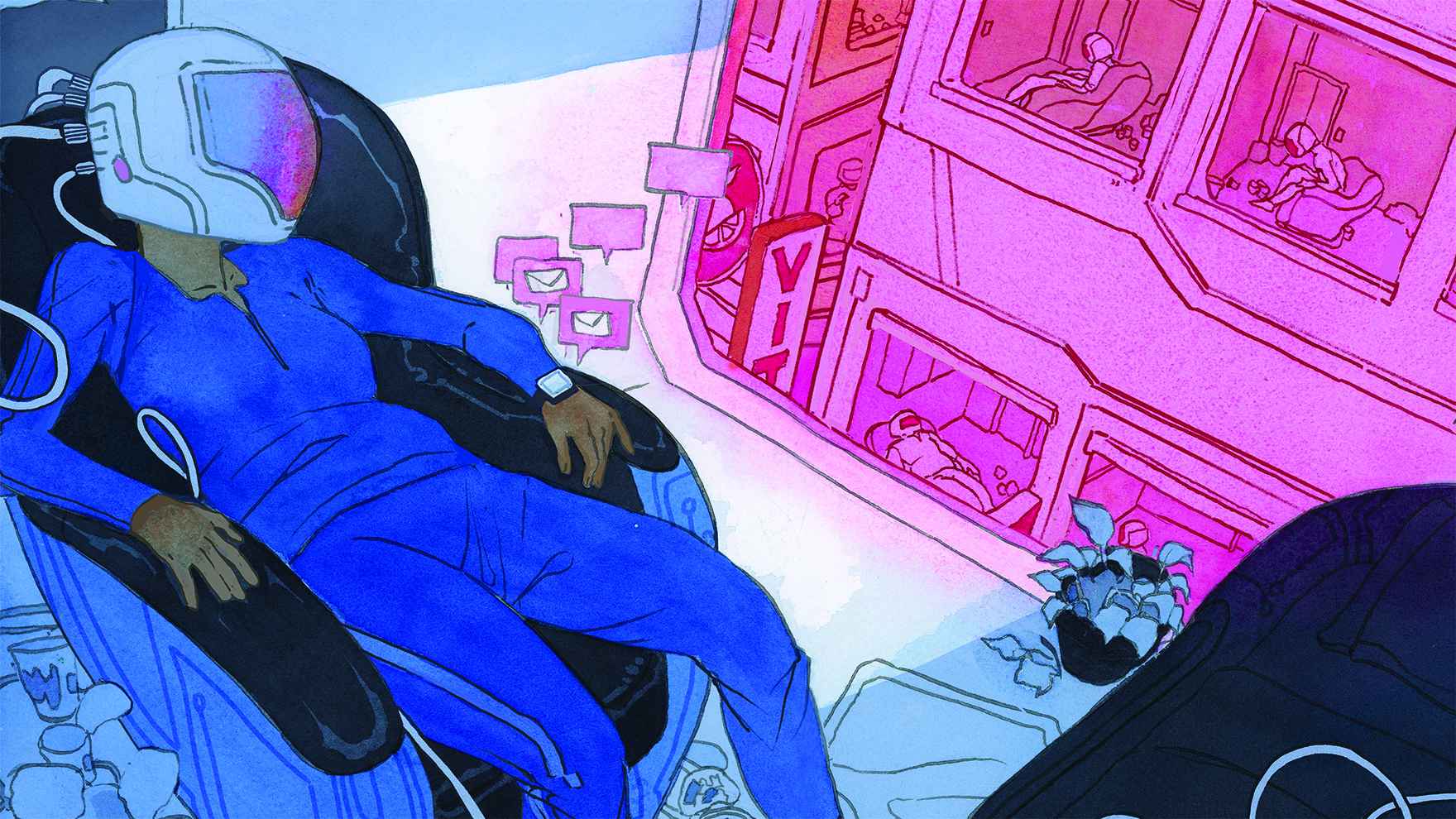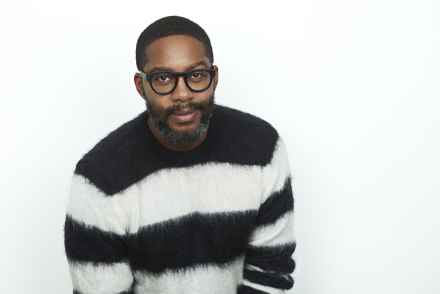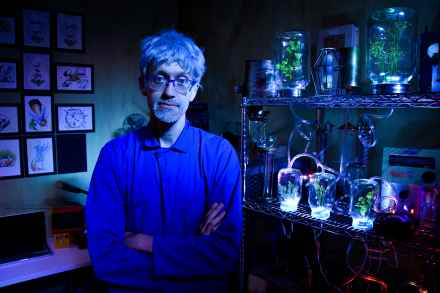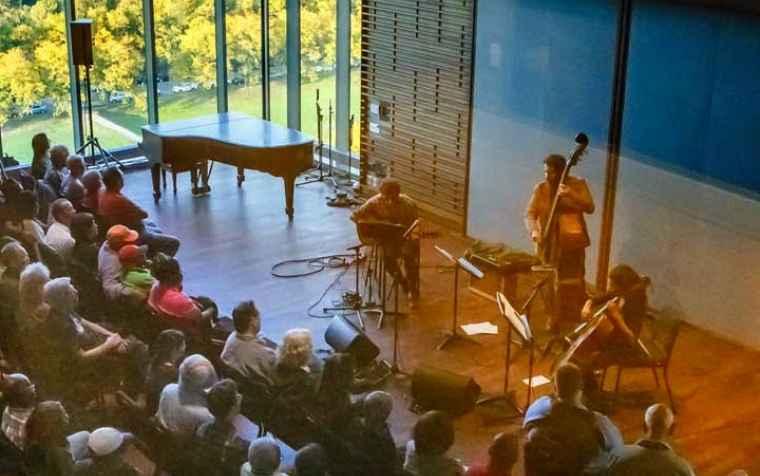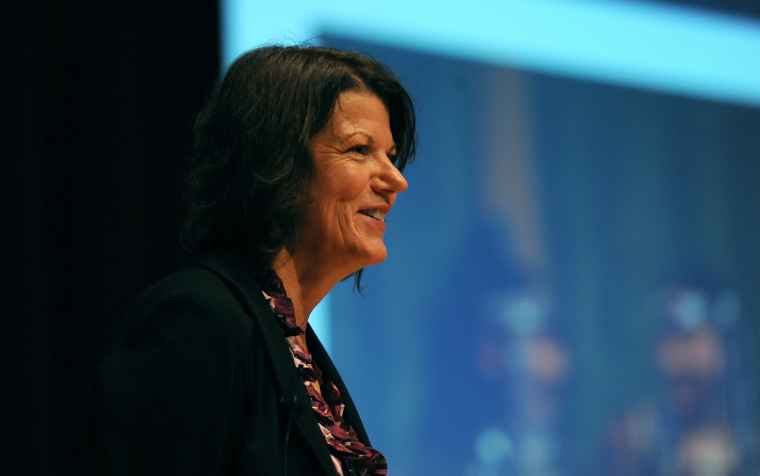What You Should Read Over Winter Break
The end of the year and beginning of the new represent a moment to take a breath and consider the past, present and future. We asked University of Chicago scholars and staff, including Prof. Srikanth Reddy and Asst. Prof. Mitchell S. Jackson in the Department of English Language and Literature, what they’ve read this year that they’d recommend to the campus community: Their list includes subjects ranging from the multigenerational family struggles of Korean immigrants living in Japan, to a treatise on mushrooms and capitalism, to a meditation on what therapy can bring to our lives.
Grant to Support Humanities Scholar's New Novel on Black Cult Leader
Asst. Prof. Mitchell S. Jackson is accustomed to pushing the boundaries of artistic creation, both writing and teaching fiction and non-fiction. Now, the University of Chicago scholar has been recognized with a prestigious award—one that will help support a new work of historical fiction.
Jackson recently received a 2021 Creative Capital Grant, which will provide him with up to $50,000 in direct funding as well as additional long-term career development services from a community of diverse artists. Specifically, this grant will fund his project, John of Watts, which is inspired by the rise and fall of the Black cult leader Eldridge Broussard Jr.
How Alternate Reality Games Are Changing the Real World with Patrick Jagoda and Kristen Schlit
Video games are the most popular form of media. With 2.5 gamers, games are set to be the type of media that most defines our world. Prof. Patrick Jagoda (English Language and Literature) and Kristen Schlit (Sociology) are re-thinking how to leverage Alternate Reality Games in a way to address some of the world's biggest issues, ranging from climate change to public health.
UChicago Humanities Scholars Expand Digital Dictionaries of South Asia, Middle East
For decades, scholars at the University of Chicago have sought to preserve and share the languages of South Asia and the Middle East—from Assamese to Torwali, Khowar to Pashto.
In this work, the Digital Dictionaries of South Asia are invaluable: In addition to definitions and pronunciations, users can learn about the original source of words in languages spoken by nearly a quarter of the world’s population.
Prof. Gary A. Tubb and James Nye, a former UChicago Library bibliographer, are now spearheading a major expansion of these digital dictionaries—a three-year project that will help scholars, diplomats, journalists, businesspeople and countless others.

